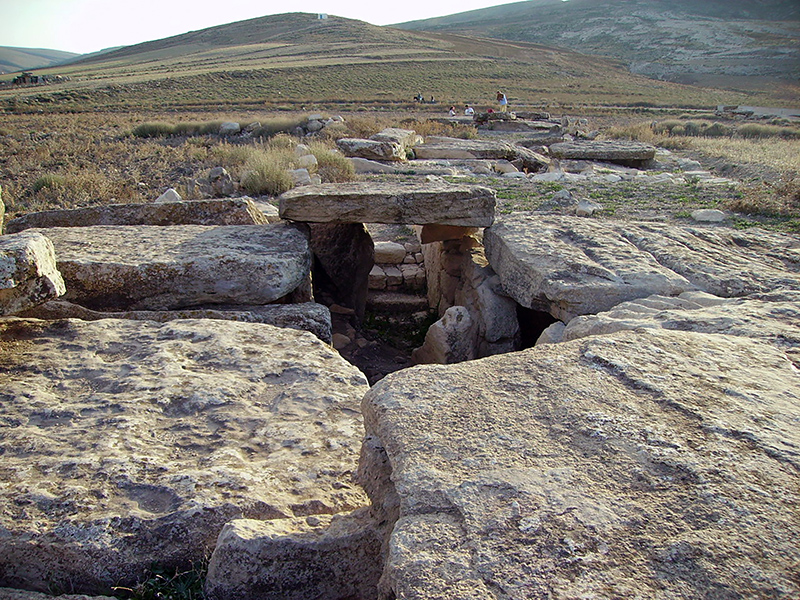Un ponte con la Tunisia per la condivisione delle conoscenze nell’ambito del restauro dei beni culturali
Abstract
L’Università di Urbino, con la Scuola di Conservazione e Restauro dei Beni Culturali varca i confini italiani ed approda in Tunisia. Lo scopo è quello di creare un nuovo percorso di studi in Conservazione e Restauro dei Beni culturali, della durata di tre anni, nei paesi euro-mediterranei rilanciando, in tal maniera, l’area geografica del Nord-Africa. Oltre all’Università di Urbino – che svolge il ruolo di capofila – nel progetto sono coinvolti undici Enti, due italiani, l’UNIMED, Unione delle Università del Mediterraneo di Roma, e l’IUAV, MeLa Laboratorio Multimediale di Venezia, uno spagnolo, l’Università de Barcelona, uno francese, l’ENSAM-ARTS, Ecole Nationale Supérieure d’Arts et Métiers Paris Tech, sei Università tunisine, l’ISMTP, Université de Tunis, l’UMA, Université de la Manouba, l’UC, Université de Sousse, l’UNIVGB, Université de Gabés, l’USS, Université de Sfax, l’UZ, Université Zitouna, ed, infine, il Ministere de l’Enseignement Supérieur de Tunis. Si sottolinea che questa iniziativa è la prima che introduce nel sistema formativo delle Università di un paese del Mediterraneo – la Tunisia- delle scuole di conservazione e restauro dei beni culturali che hanno la stessa impostazione di quelle europee.
Riferimenti bibliografici
European Network for Conservation-Restoration Education http://www.encore-edu.org/documentsconcerningENCoRE.html
Copyright (c) 2017 Laura Baratin

Questo lavoro è fornito con la licenza Creative Commons Attribuzione - Non opere derivate 4.0 Internazionale.
Gli autori che pubblicano su questa rivista accettano le seguenti condizioni:
Gli autori mantengono i diritti sulla loro opera e cedono alla rivista il diritto di prima pubblicazione dell'opera, contemporaneamente licenziata sotto una Licenza Creative Commons - Attribuzione - Non opere derivate 4.0 Internazionale che permette ad altri di condividere l'opera indicando la paternità intellettuale e la prima pubblicazione su questa rivista.
Gli autori possono aderire ad altri accordi di licenza non esclusiva per la distribuzione della versione dell'opera pubblicata (es. depositarla in un archivio istituzionale o pubblicarla in una monografia), a patto di indicare che la prima pubblicazione è avvenuta su questa rivista.
Gli autori possono diffondere la loro opera online (es. in repository istituzionali o nel loro sito web) prima e durante il processo di submission, poiché può portare a scambi produttivi e aumentare le citazioni dell'opera pubblicata (Vedi The Effect of Open Access).








